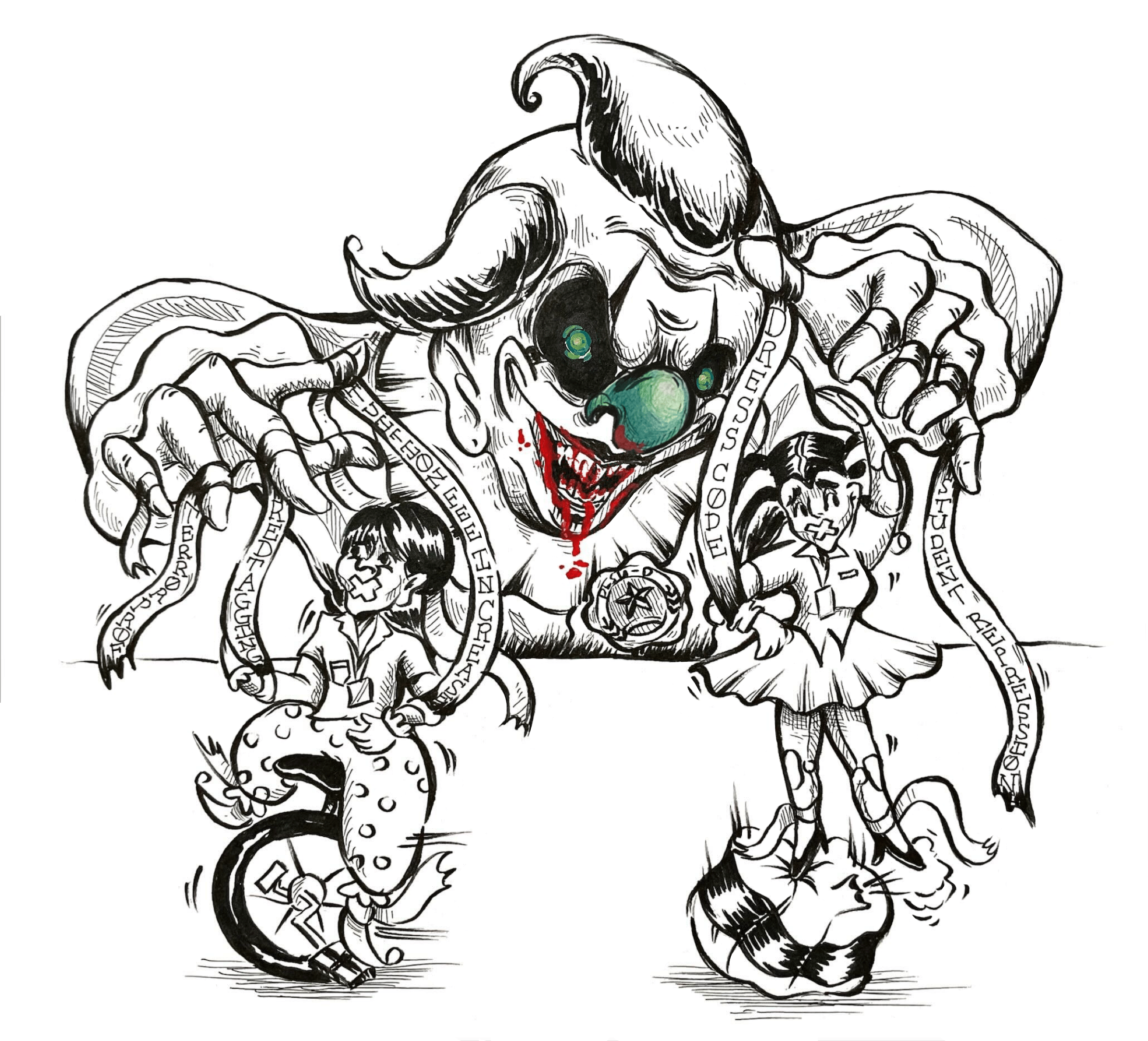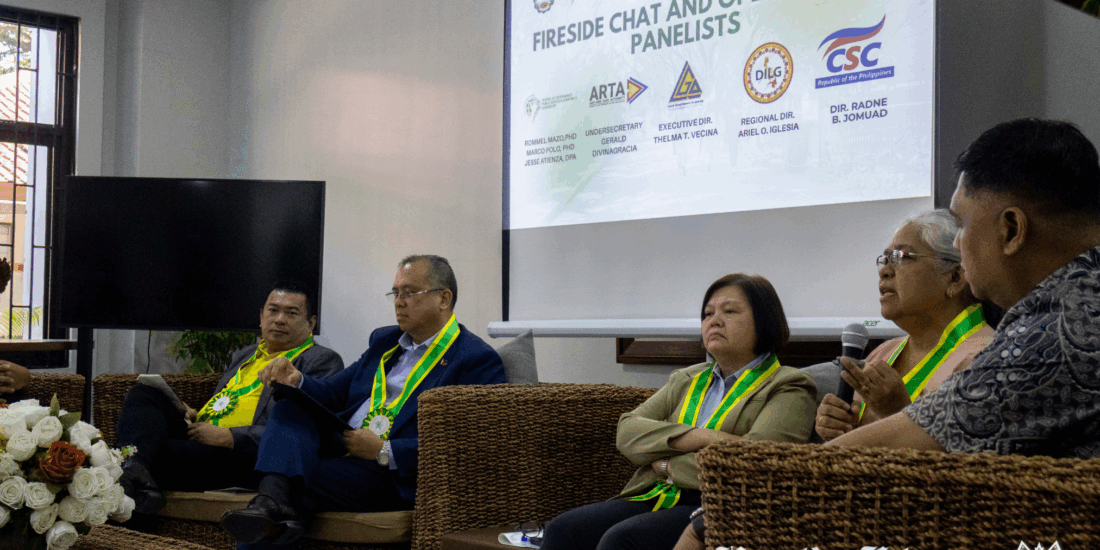All for show
Behind a facade of rainbow flags and commemorative colored shirts, the University still lacks a strong foundation for true progressiveness. Students have yet to experience excellent education, determined leadership, and a sustained community climate.
The University’s vision and mission declare its commitment to provide “a human and Christian Education to the young, especially the poor and the marginalized.” However, multiple Tuition and Other Fee Increases (TOFI) have occurred in recent years, with some fees rising from P67,000 to P84,000 in 2023. Moreover, while the University takes pride in its status as the No. 1 Greenest University, it has failed to properly inform students of the loss of its autonomous status, in accordance with the Commission of Higher Education’s (CHED) official list, after 15 years. Given its definition of excellent education as “habitually providing the best and honest services, especially in helping the poor and the community,” it is evident that this standard remains unfulfilled.
One of the targets in the list of goals the University prepared to attain by 2027 is “determined leadership and governance that compel accountability.” However, when student leaders play their role in taking a stand and advocating truth, they are penalized. During the Democracy March on February 26, 2024, commemorating the EDSA People Power Revolution, student-activist Paolo Tarra was sanctioned for raising a banner that wrote: “LASALLIANS OF CAVITE AGAINST CHA-CHA.” Similarly, for Martial Law’s 52nd commemoration, students were encouraged to wear black and participate in activities organized by the University Student Government (USG). Yet, during the slogan-making event, students were approached and intimidated by University personnel.
Surveillance during the Let a Thousand Paper Cranes Fly in DLSU-D event and attempts to photograph its participants further underscores the climate of intimidation within the University.
The contradiction between the democracy shown and advocated for, versus the democracy applied within school grounds reeks of hypocrisy.
Students are encouraged to take political stances yet are punished when their voices are loud and clear. Furthermore, despite being protected by Republic Act (RA) 7079 or the Campus Journalism Act (CJA), student journalists still face repression of their freedom of speech.
In striving for a sustained community climate, the University aims to “guarantee that the dignity and human rights of every member of the academic community is respected.” This is symbolized by the display of rainbow flags in classrooms and gender-based marches organized by colleges like that of the College of Liberal Arts and Communications Student Government’s (CLACSG) #ACCLA2023 on Pride Month. However, in the everyday setting, LGBTQIA+ continues to express feelings of neglect, disrespect, and discomfort in the school. During the State of the University Student Government Address (SUSGA) in October, a case of a transgender student was brought up after being apprehended for entering the women’s comfort room, despite the lack of palpable reason or provision that warrants the confrontation—a clear example of the discrimination-related mishaps that the University continues to project to its students.
Evidently, there lies a discrepancy between words and actions; logic and aspirations, set by the institution that commits itself to progress.
Progressivity will not stop once the show is over—if it is genuine to begin with. If the 2027 targets mean anything, then efforts to achieve these must go beyond surface-level display and seep into the audiences’ minds; where the actors no longer act, as they stand by what they do deeply into their hearts. When the curtains close, the integrity and purpose of these initiatives must remain steadfast, ensuring that progressivity is not just a spectacle but a reality.
Originally published in Heraldo Filipino Volume 39, Issue 1




